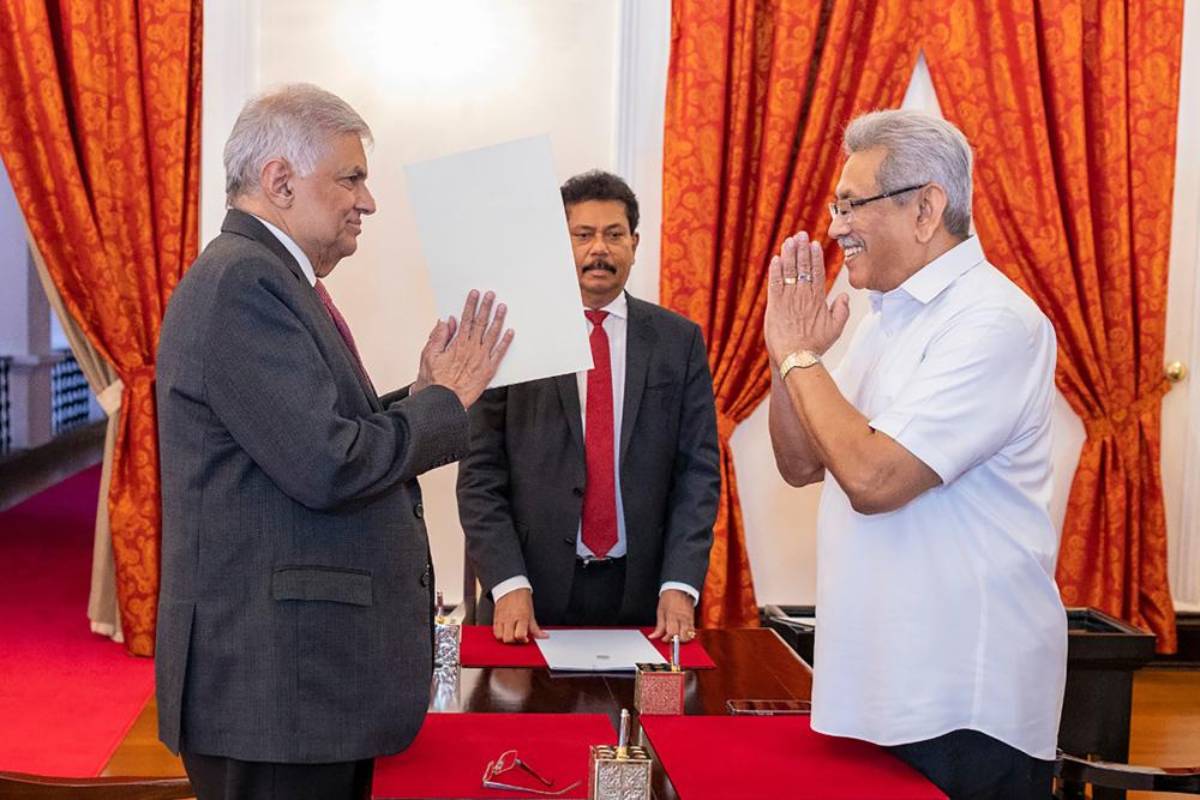Coinciding with the former Sri Lanka President, Gotabaya Rajapaksa, seeking an entry to Thailand is the Constitution amendment bill that was submitted to the country’s Parliament on Wednesday. It seeks to clip the wings of the President, which is a major demand of protesters who are shrilling for political reforms and solutions to the island nation’s worst economic crisis. It is pretty obvious that the head of state and/or government are not a little responsible for the nation’s blight. The bill was presented by the Justice Minister, Wijayadasa Rajapakshe.
It is intended to transfer certain presidential powers into the hands of a constitutional council, which will consist of lawmakers and “respected non-political persons”. Subject to the President’s endorsement, the council will recommend the names for these appointments. If the proposed amendments are any indication, the country’s President will be able to appoint a Chief Justice. Others who can be appointed by the President are senior judges, the Attorney-General, and the Governor of the central bank. Markedly, the Prime Minister will recommend appointments to the cabinet. The President shall not be entitled to hold any ministerial position, save defence.
The bill, which is subject to a debate, must be approved by two-thirds of Sri Lanka’s parliament to become law. It is significant that if passed into law, the bill will restore democratic reforms introduced in 2015. It bears recall that the ousted President had reversed these reforms. Power was riveted to himself after he was elected to office in 2019. President Wickremesinghe, who succeeded Rajapaksa, has promised to limit the powers of the presidency and thereby strengthen Parliament. It appears to be a tenuous peace in Sri Lanka. After 123 days of unprecedented anti-government protests, which were marked by the ouster of the former President, the upsurge over the country’s worst economic crisis formally ended on Tuesday. However, the protesters said that their campaign for what they called a “system change’’ would continue.
The ousted President holds a diplomatic passport that allows him entry into Thailand for 90 days. Singapore’s government has let it be known that the city-state had not accorded him any privileges or immunity. During his tenure as defence secretary, the country’s forces eventually defeated the Tamil Tiger rebels in 2009 to end a bloody civil war. Now, certain rights groups have demanded that the charge of war crimes, that has been levelled against the former President, must be investigated. While functioning as head of state, Rajapaksa had strenuously denied the allegations. He and his family have also been blamed for “mishandling the economy” during his term as President, leading to the South Asian country’s worst economic crisis since independence from Britain in 1948. If Rajapaksa returns to Sri Lanka, he might not be protected under the law if any charges are filed against him, according to legal experts.











